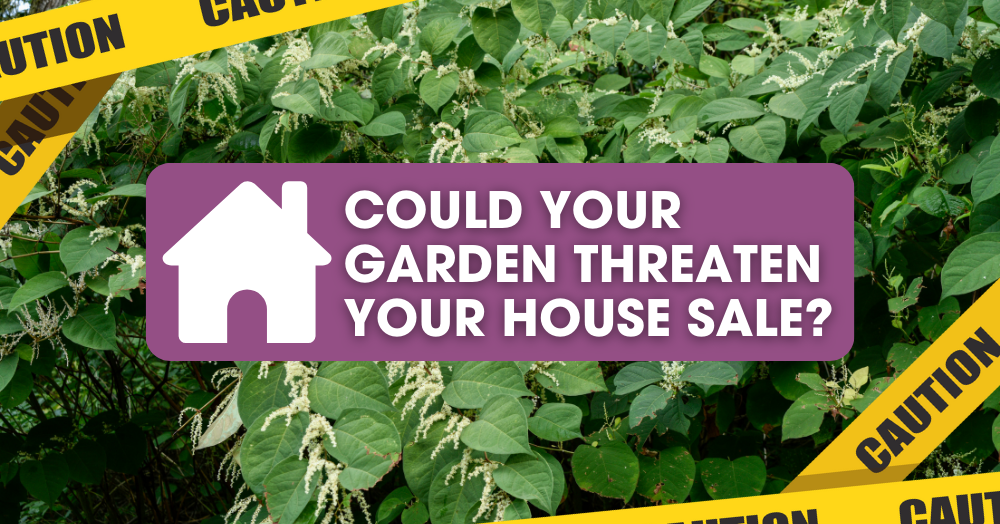
After the pandemic, having outdoor space has become incredibly important and can significantly boost your property’s value. But what happens when your beautiful garden turns into a selling obstacle?
Some lush green plants may seem appealing but could spell trouble for your house sale. Let’s take a quick look at the plants that might affect your selling price.
Japanese Knotweed: This notorious plant is the number one culprit for devaluing homes. It grows rapidly, up to 10cm a day, and is illegal to plant. Its strong roots can weaken foundations, damage drainage systems, and uproot paving slabs. It’s labeled as an ‘invasive’ plant and can slash house prices by up to 15%.
Giant Hogweed: Despite its attractiveness, this plant can cause serious skin irritation and requires expert removal. Interestingly, it’s part of the carrot family but can actually cause burns. Once removed, it’s considered controlled waste that must be disposed of in a landfill.
Bamboo: Similar to Japanese Knotweed, bamboo plants grow quickly and can wreak havoc on a property’s foundations and brickwork. While it’s not illegal to plant, the roots can spread to neighboring properties, potentially leading to costly damages. Though it may not directly impact your house price, it can pose problems for future buyers depending on the type of bamboo and its root system.
Large Trees (Oak, Poplar, and Willow): If you have one of these trees in your backyard or close to your home, beware of their potential impact on your house price. The extensive root systems can spread up to 40m, causing damage to building structures and paving stones. It’s advisable to consult an expert tree surgeon or contact the Local Authority if you have such trees.
Other plants that could hinder your house sale include:
- Ivy: While visually pleasing, ivy can infiltrate cracks, lift roof tiles, and damage pipework.
- Himalayan Balsam: Don’t be fooled by its beautiful purple flowers; it’s illegal to plant. This fast-growing plant can quickly dominate and cause a nuisance.
- Leylandii trees: Often used as hedges, these trees can irritate neighbors, block light, and have fast-spreading roots that can cause damage.
When selling a property, people tend to focus on interior issues. However, it’s essential to assess both front and back gardens for potential concerns. This proactive approach ensures you won’t be caught off guard during the sale process.
If you’re considering selling your home, reach out to us today for expert assistance.




